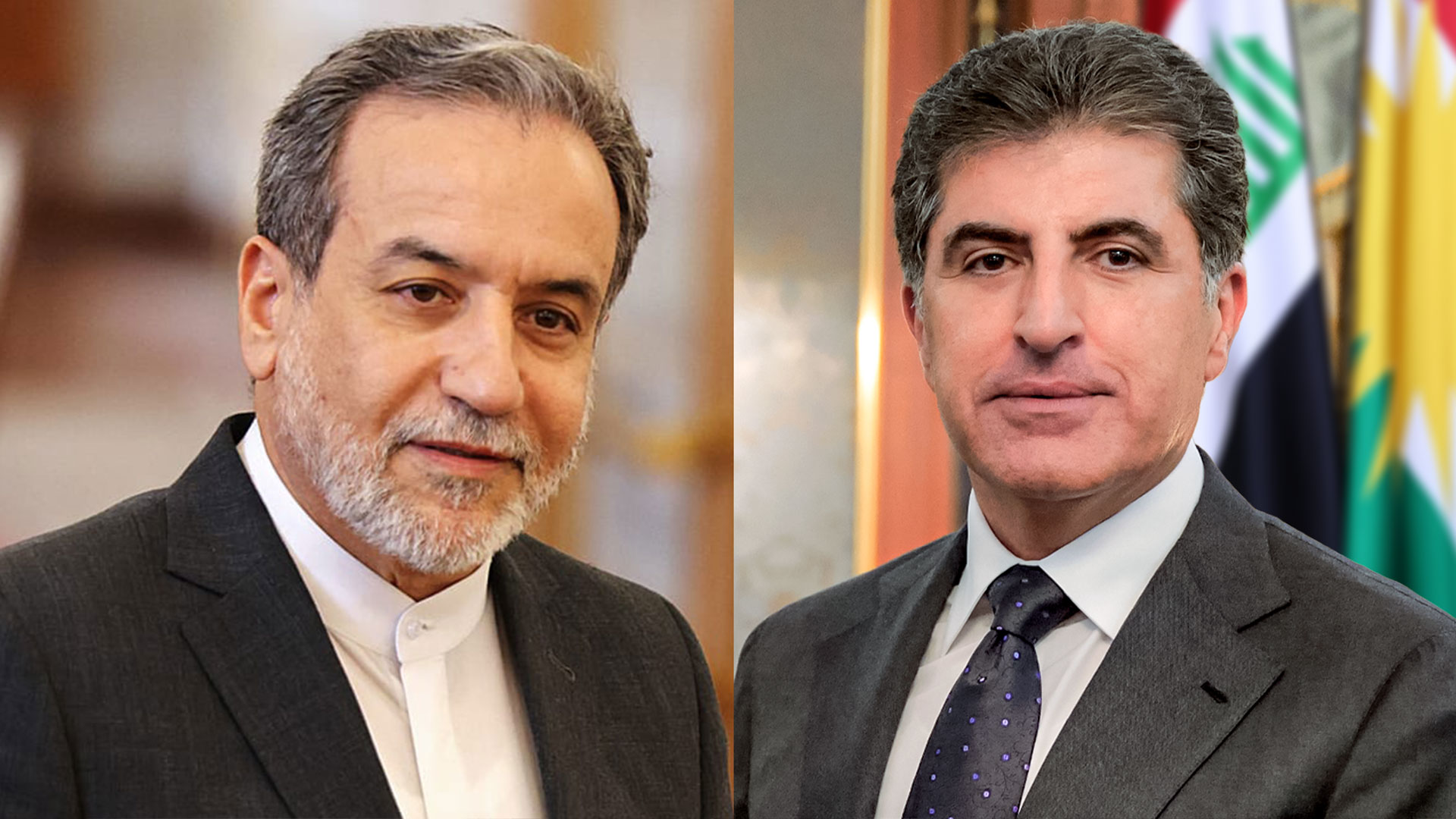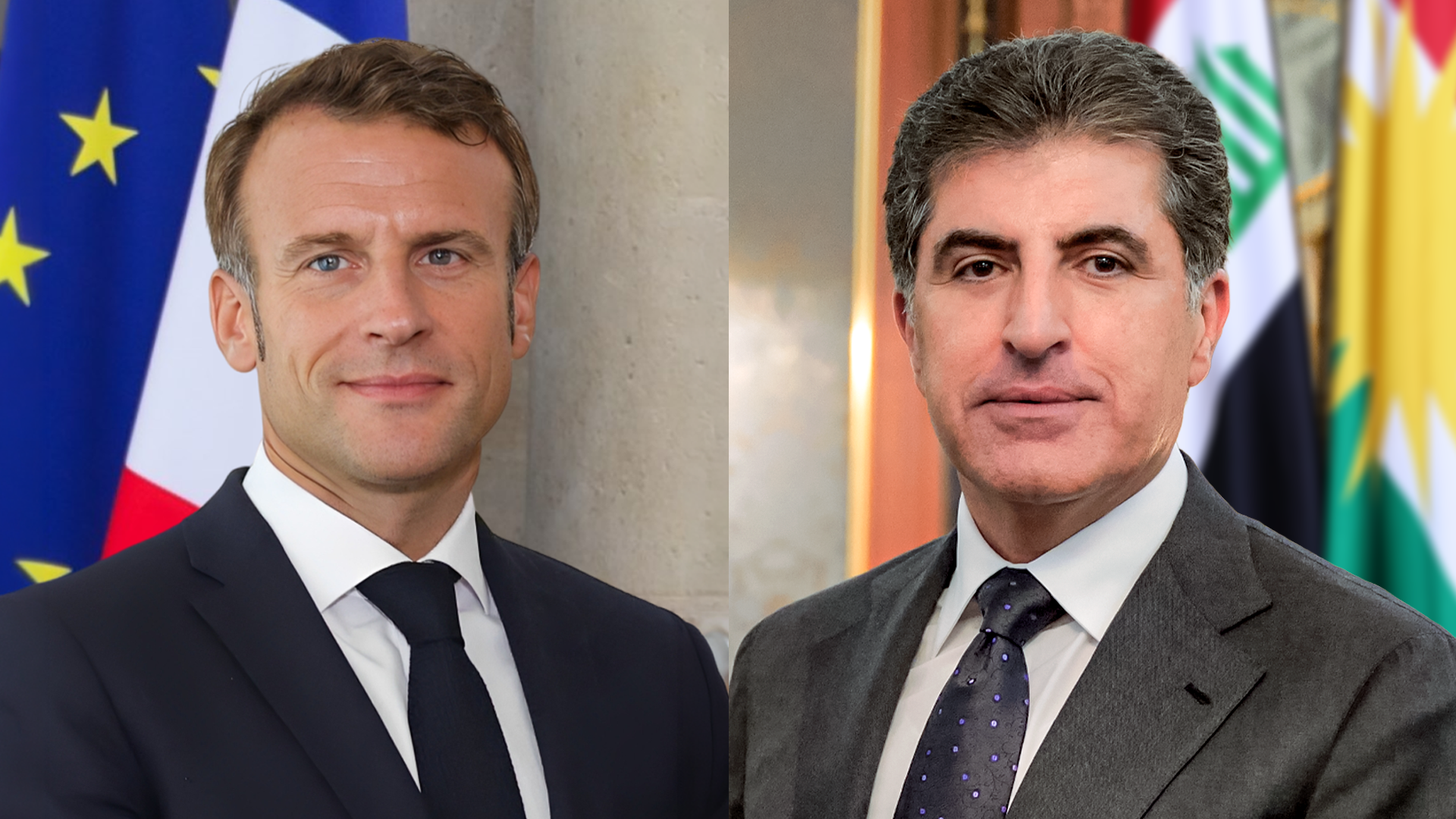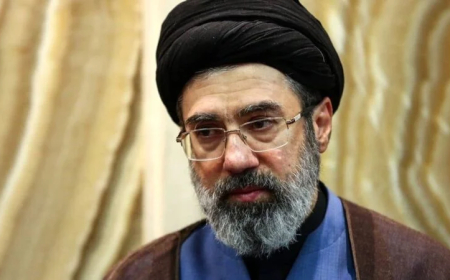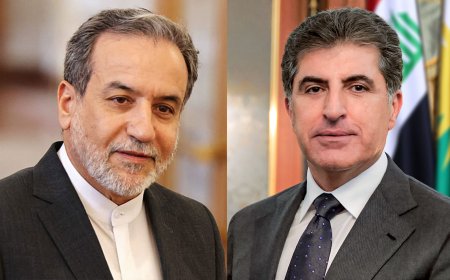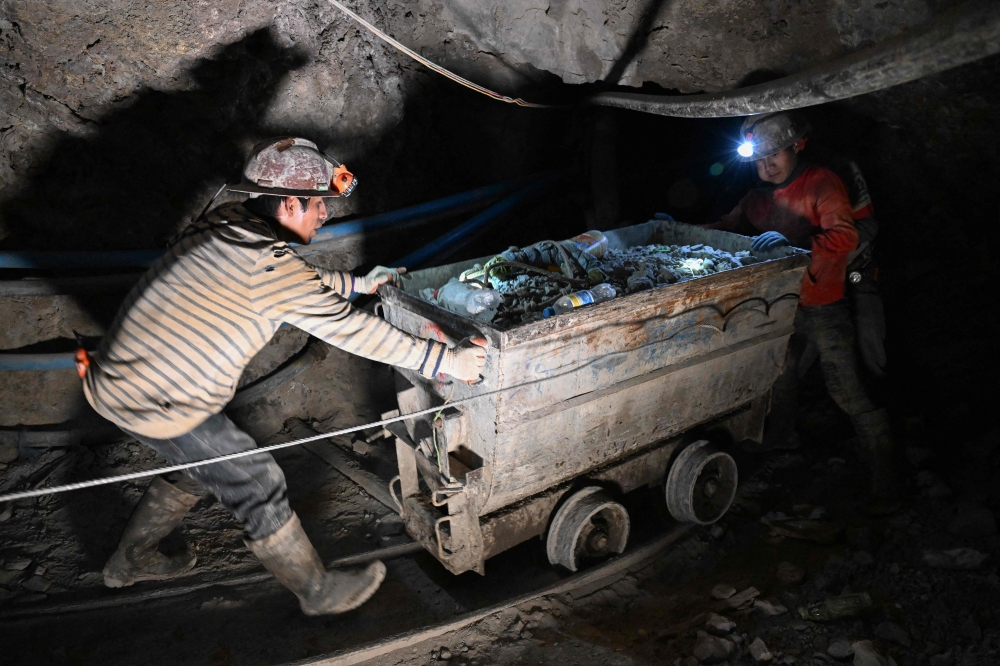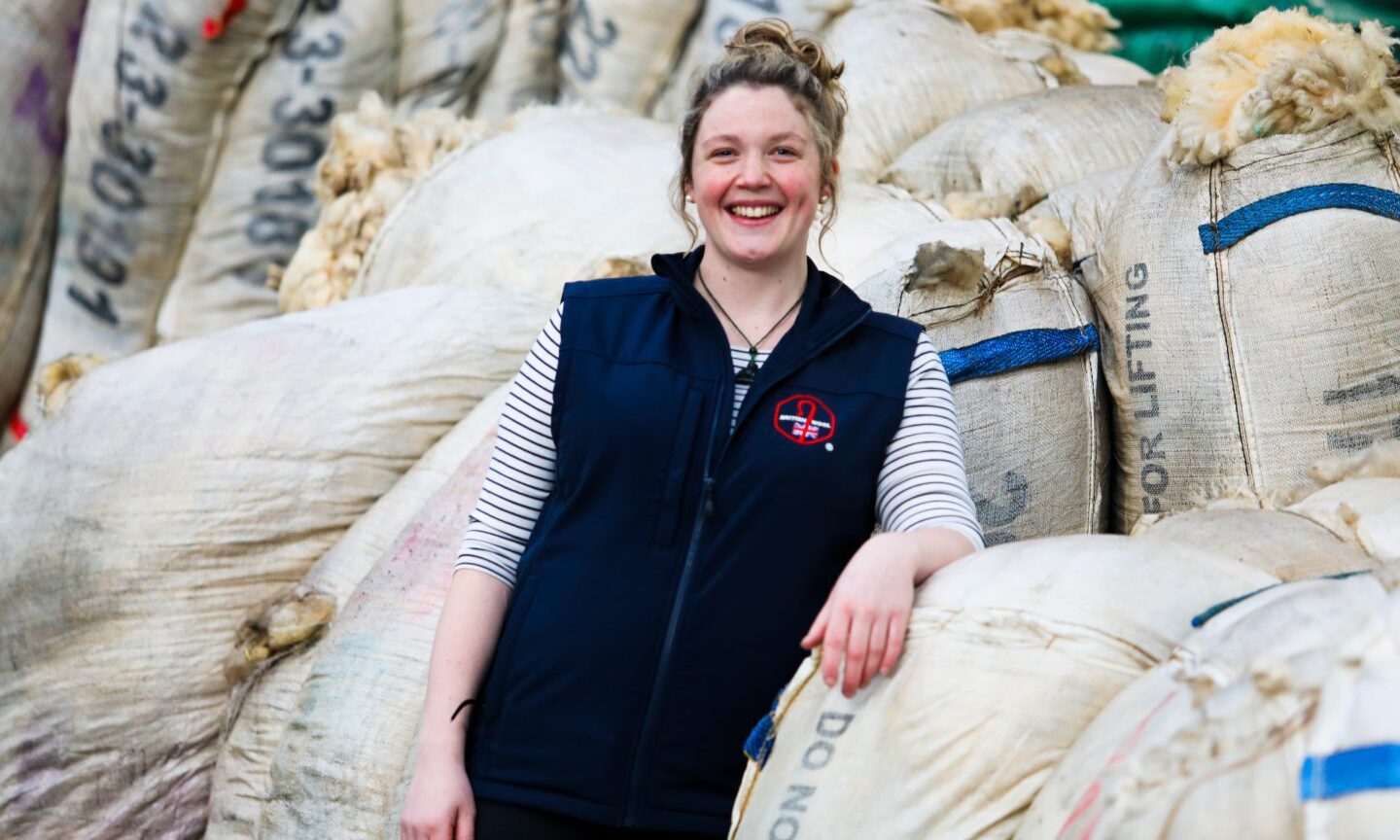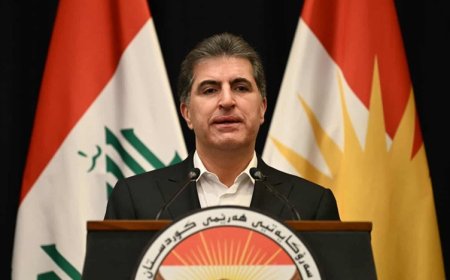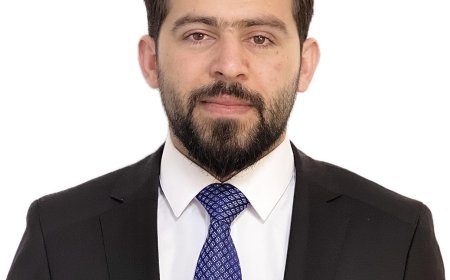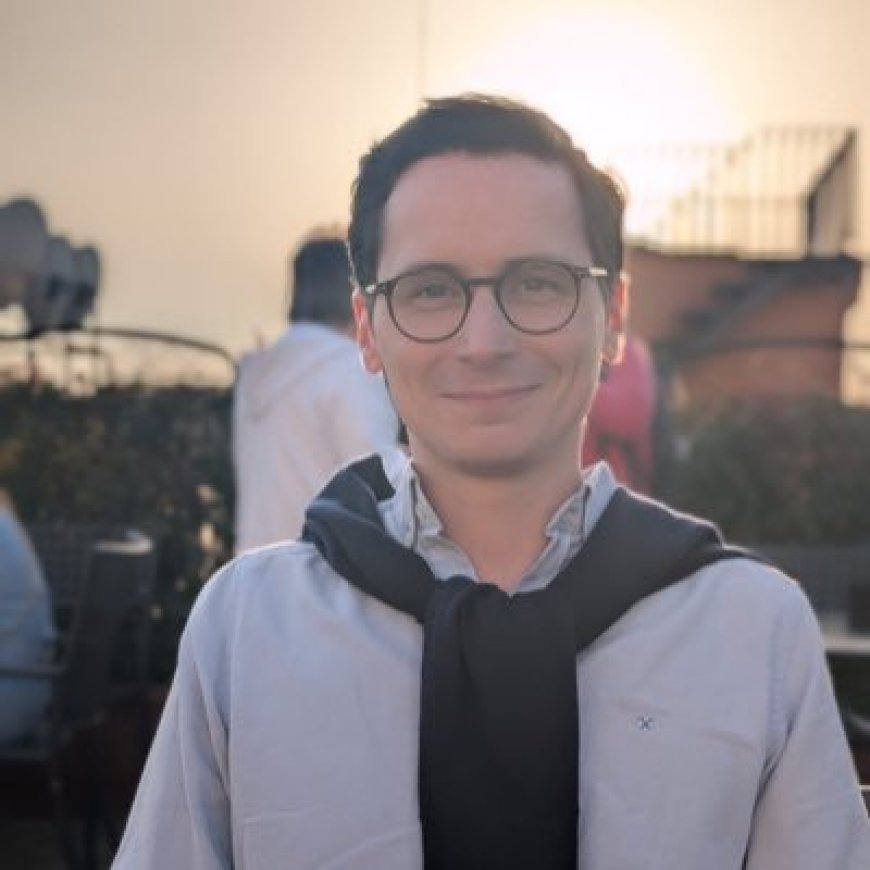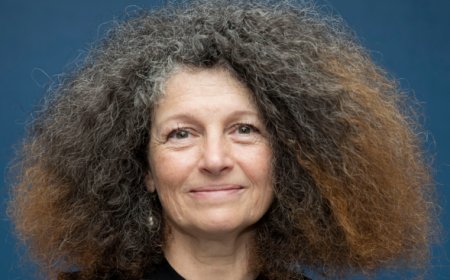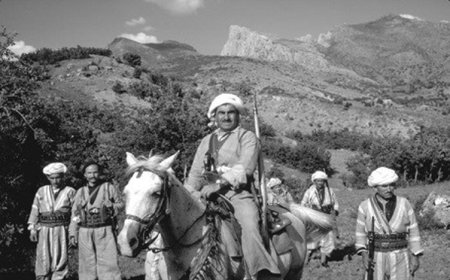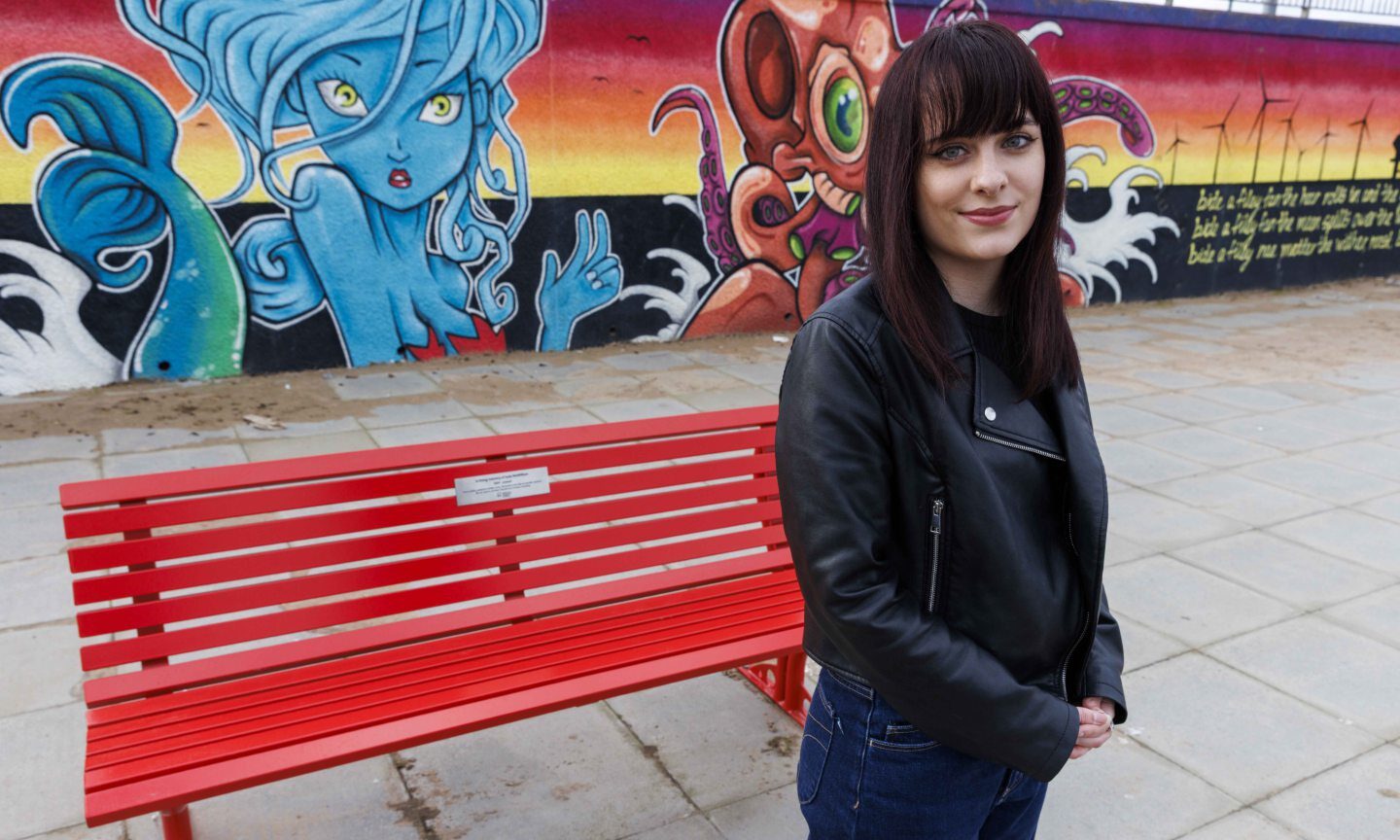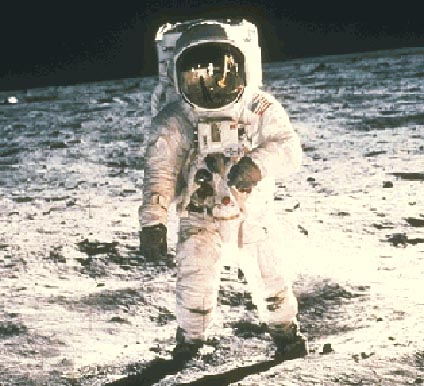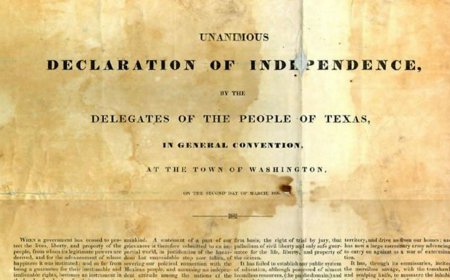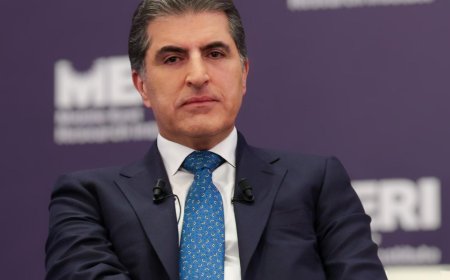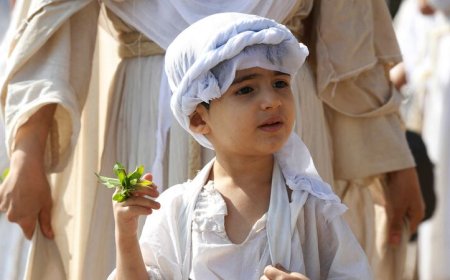Recent elections
Michael EJ Phillips / Lecturer in the Department of French at Salahaddin University
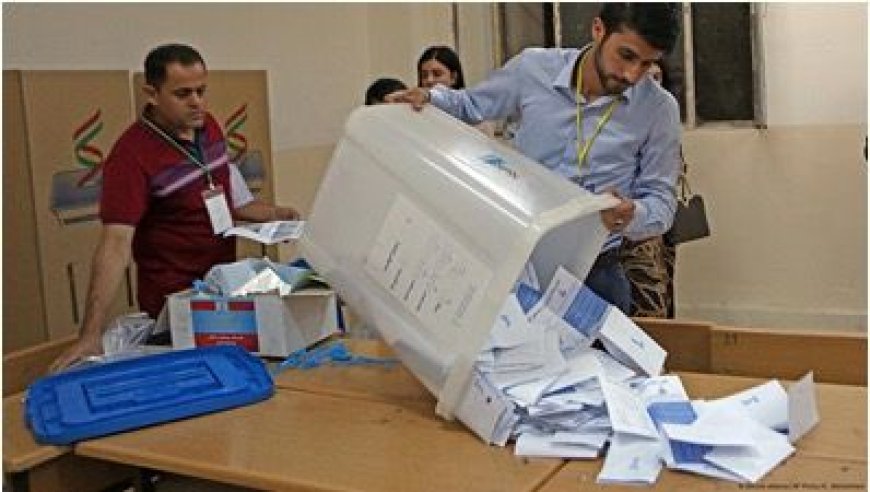
The previous few weeks have seen a number of elections taking place across the world. Most recently, there were General Elections in Australia, Singapore and Canada; several other countries and territories have also held legislative elections in 2025. These include Ecuador, Tajikistan, Anguilla, Liechtenstein, the Turks and Caicos Islands, Vanuatu, Micronesia and the Comoros.
In Singapore, the People's Action Party retains its supermajority and indeed is currently the world's longest serving governing party, having been re-elected for decades. A similar situation occurred in Malaysia with UMNO until 2018, when Dr Mahathir Mohamad ended its six decades long incumbency, a shock result for the country. Australia saw the current Prime Minister, Anthony Albanese, retain his premiership for a second term and becoming the first to be re-elected since John Howard in 2004. Canada saw Mark Carney – a former Governor of the Bank of England – leading his Liberal Party to another victory after Justin Trudeau stepped down earlier in the year.
In the United Kingdom, elections were held on the 1st May to several English councils, as well as some mayoral contests and a by-election in Helsby and Runcorn. The results were very interesting: Reform topped the polls in many areas, and councils which were formerly "true blue" such as Kent saw almost all of their Conservative councillors replaced number for number by Reform ones. Durham, that impregnable bastion of Labour for a century, saw its Labour representation almost completely wiped out by Reform. Helsby and Runcorn was a safe Labour seat, and yet Reform, under Nigel Farage, overturned their 14,696 majority. People are clearly angry at the Labour government, yet are also expressing their dissatisfaction by not backing the Conservatives either. It is said by many that a new era of three party politics could be in the offing – though Scotland has seen a four party politics for many years now.
Free and fair elections are the bedrock of any functioning democracy. The right to vote has often been hard fought for and won. In many countries, women did not have the right to vote until relatively recently – Saudi Arabia allowing women's suffrage only in 2015 for the local elections. The right to vote in most countries of the world often depended on property qualifications: in the UK, the 1918 Representation of the People Act removed the need for a minimum income for men to be able to vote from age 21; the 1928 Act which followed removed the minimum female voting age of 30 for a woman occupying premises with a rateable value of £5 or more. These followed the 1832 Reform Act, which had removed the rotten boroughs and expanded the franchise to a wider section of society based on standardised property qualifications.
It is worth remembering that we can only bring about change if we vote for it. In some countries like Australia or Belgium voting is compulsory, but in most it is not. The only way to avoid conflict is through free and fair elections, through the ballot box. The hallmark of any civilised society is its ability to prioritise open dialogue, transparency and discussion over conflict, secrecy and repression. In the Iraqi Kurdistan Region, these principles are very much at the heart of President Nechirvan Barzani's philosophy, whereby people in this multiethnic and religiously diverse society should live side by side peaceably and with tolerance for one another.


